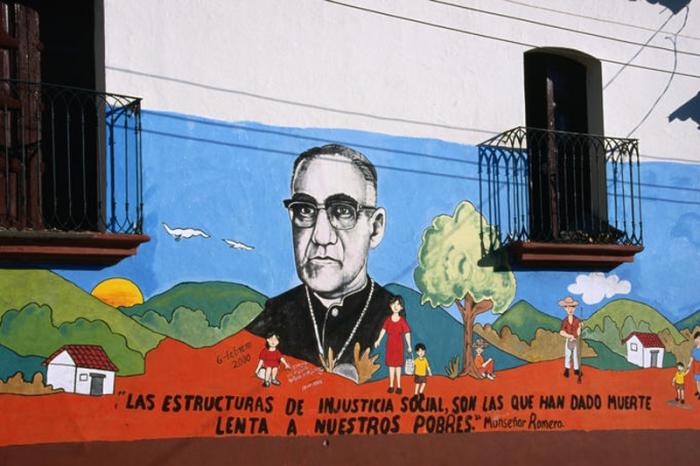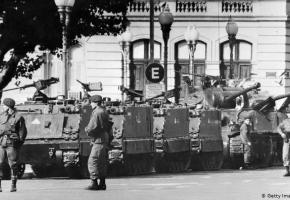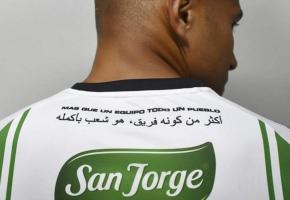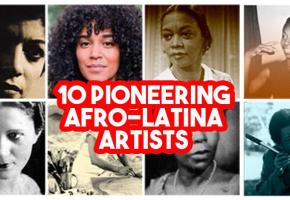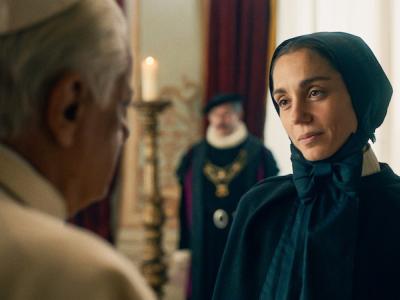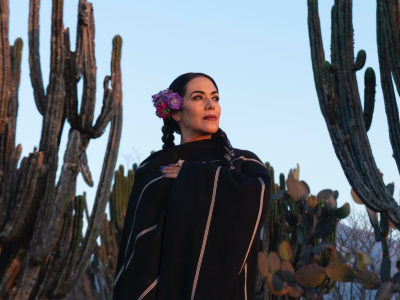1. Bishop Oscar Romero has to have been the most prominent martyrs of liberation theology, even though he was not recognised as one by the church. Originally seen as a conservative Catholic, Romero was appointed as Bishop of El Salvador. However, in 1977 after the assassination of his close friend Rutilio Grande, a Jesuit priest who had been creating self-reliance groups among the campesinos, he showed a radicalism he had previously hidden.
Traditionally the church had been in league with the government and the elite of El Salvador, so when Romero started his own programs of aid and even confronting the Pope on its position, he made himself a target of the US backed military junta. On 24 March 1980, while delivering Mass, Romero was shot dead. This was one day after a sermon where he had called on Salvadoran soldiers, as Christians, to obey God's higher order and to stop carrying out the government's repression and violations of basic human rights.
“My brothers, they are part of our very own people. You are killing your own fellow peasants. God's law, "Thou shalt not kill!" takes precedence over a human being's order to kill. No soldier is obliged to obey an order that is against God's law. No one has to obey an immoral law.”
He is one of the ten 20th century martyrs who are depicted in statues above the Great West Door of Westminster Abbey in London, a testament to his wide respect, even beyond the Catholic Church.
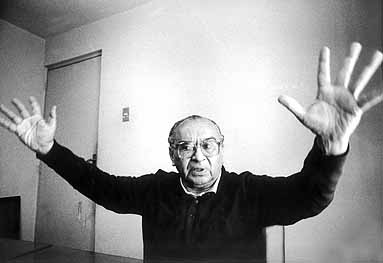
2. Gustavo Gutierrez can be seen as the founder of Liberation theology, not only coining the term in his book A Theology of Liberation: History, Politics and Salvation, but also being involved in the formative group Catholic Action from its near beginnings.
A Peruvian of native Quechan and Hispanic descent, as a boy he was frequently ill, forced into a wheelchair. When he recovered he resolved to study medicine to improve the lot of others. Though studying in Europe and being able to mix with prominent theologians at the Vatican, Latin American remained at the forefront of his mind."I come from a continent in which more than 60% of the population live in a state of poverty, and 82% of those find themselves in extreme poverty.”
Gutiérrez served as parish priest in the Iglesia Cristo Redentor (Church of the Holy Redeemer) in Rimac, Peru, and he founded (1974) and directed the Bartolomé de Las Casas Institute in Lima to minister to the poor. He also taught at the Pontifical University of Peru and at many colleges and universities in Europe and North America, including the University of Notre Dame (Indiana). Gutiérrez is also a member of the Peruvian Academy of Language, and in 1993 he was awarded the Legion of Honor by the French government for his tireless work.
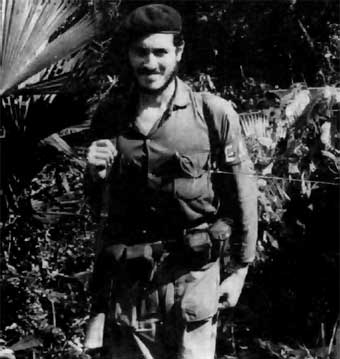
3. Father Camilo Torres Restrepo was a Colombian socialist, Roman Catholic priest, and a member of the National Liberation Army (ELN) guerrilla organisation. During his life, he tried to reconcile revolutionary Marxism and Catholicism. Though he came before Liberation theology was given a name, his actions were completely consistent with the actions of other liberation theologists. He studied at Lueven in Belgium like Gutierrez, and upon returning he felt the same name to actively support the causes of the poor and the labouring class.
His radical politics divided many in Colombia, and drew many detractions from the Church and the Government. he felt whilst he had a prominent position at the National University of Colombia he was going to become increasingly persecuted and of little practical use to the cause of helping the poor. After much deliberation he joined the ELN – the Marxist guerrilla army in Colombia, and served as low ranking member. He was killed in his first combat experience. He is perhaps best known for the quote: "If Jesus were alive today, He would be a guerrillero."
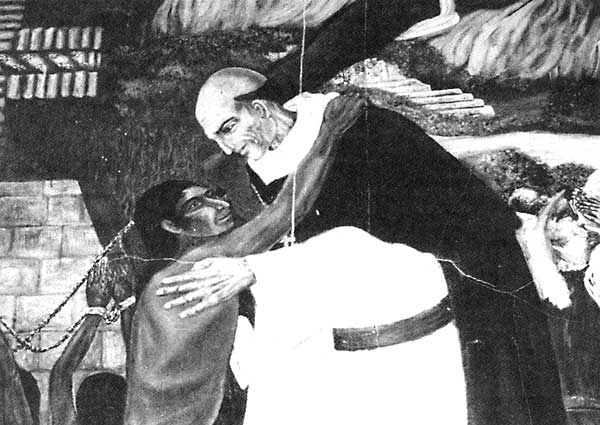
4. Bartolomé de las Casas can be seen as one of the first Liberation theologians, and acenstry is often traced back to his protection of the native populations of the Americas from the predatory Spanish state, that as a Priest he was supposed to work for.
Bartolomé de las Casas made a Dominican priest in Hispaniola. His conversion experience came while reading Sirach 34:22, "He slays his neighbor who deprives him of his living; he sheds blood who denies the laborer his wages."
Las Casas argued that it was better for Indians to live as pagans than to die as Christian slaves. He rejected using the force of arms rather than the power of the gospel to win the Indians over. Over a dozen sixteenth century bishops (mostly Dominicans) vigorously defended the Indians.
Bartolomé de las Casas spent 50 years of his life actively fighting slavery and the violent colonial abuse of indigenous peoples, especially by trying to convince the Spanish court to adopt a more humane policy of colonization. And although he failed to save the indigenous peoples of the Western Indies, his efforts resulted in several improvements in the legal status of the natives, and in an increased colonial focus on the ethics of colonialism. Las Casas is often seen as one of the first advocates for universal Human Rights
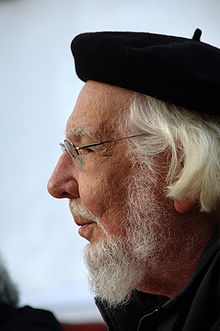
5. Reverend Father Ernesto Cardenal Martínez is a Nicaraguan Catholic priest and was one of the most famous liberation theologians of the Nicaraguan Sandinistas, a party he has since left. From 1979 to 1987 he served as Nicaragua's first culture minister.
He was instrumental in helping the leftist Sandinistas come to power and spoke out repeatedly against the US back Contras – the paramilitaries who fought a constant war against the Government. He originally involved himself after an artists colony, or retreat, he had founded was burnt to the ground by Somoza’s national guard.
He famously refused to leave the government despite the Pope’s order to do so. Cardenal left the Sandinistas in 1994, protesting the authoritarian direction of the party under Daniel Ortega but insists that he has retained his leftist opinions. He is a member of the Movimiento de Renovación Sandinista (or MRS / Sandinist Renovation Movement) that participated in the 2006 Nicaraguan General Elections.
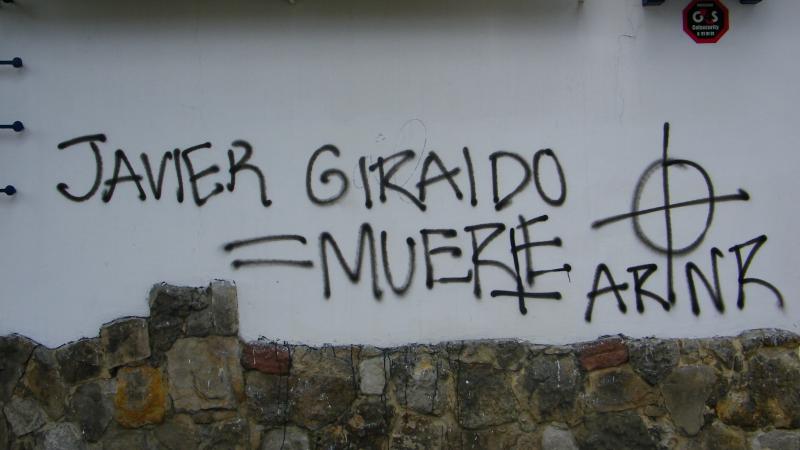
6. Padre Javier Giraldo, a Colombian Jesuit, is a fine example of how liberation theology continues to work in practice today. As part of his life’s dedication to seeking justice for victims of state violence in Colombia and fighting against impunity for those guilty of human rights violations, Padre Giraldo has set up many of the NGOs operating in Colombia, including the Association of the Families of the Detained and Disappeared and the Comisión Intercongregacional de Justicia y Paz, all of which seek to hold the perpetrators accountable. Despite being one of the most at-risk individuals living in Colombia, living with permanent death threats, Father Giraldo has refused to accept armed body guards.
Born in 1944, Father Giraldo, a Colombian Jesuit, studied in Bogota and Paris. First, working as a priest in a poor district of Bogota, he quickly became interested in human rights issues. Father Giraldo is well known for the work he did to force the Colombian Government to accept its responsibility for the killing of more than 100 inhabitants of Trujillo, the first recognition of its kind. Since then he has gathered testimonies for many of the massacres, which get presented to the inter-American Court of Human Rights. In 1997 he won the John Humphrey Freedom Award. Since then he has continued to work tirelessly for communities and individuals.
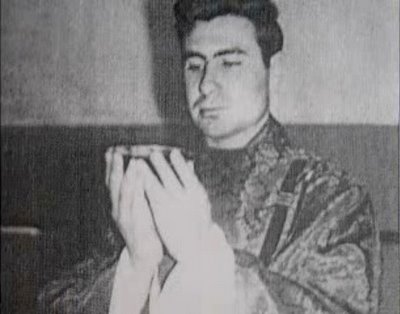
7. Like Father Torres, after much soul searching, Gasper García Laviana took up arms to fight as soldier in Nicaragua with the Sandinista National Liberation Front (FSLN) in 1977.
In 1969 arrived to Nicaragua as a missionary priest. Through his missionary work with Father Pedro Regalado in the parishes of San Juan del Sur and Tola in the department of Rivas, García Laviana worked closely with the Nicaraguan peasants and was intimately aware of the many hardships they faced. He joined other progressive Christians in concientización (or awareness raising) in poor rural communities around the country.
After uncovering the prostitution of under age girls in his parish, and many noisy protests he was forced into exile in Costa Rica. After agonizing soul-searching, and deep reading in church doctrine, he decided that taking up arms to fight evil did not violate his Christian principles and joined the Sandinista National Liberation Front (FSLN).
Like Father Torres he did not survive his first action, but his letters sn poems did. they made him a national hero after the successful insurrection happened shortly after his death.
8. Leonardo and Clodovis Boff are Two Brazilian theologians who authored Introducing Liberation Theology were once united by their theology, spending half the year teaching and helping poor and indigenous communities in the forests and half the year in Rio De janeiro, studying, writing and helping found self sufficient communities. they were there at the beginning, but have since parted ways as Clovidis made up with Ratzinger and Rome in 2007, whilst Leonardo describes Ratzinger beliefs as ‘theological terrorism’
Leonardo Boff today calls himself a "theologus peregrinus," without a stable home. He was banned from teaching in Catholic theology faculties in a 1985 sentence from the congregation for the doctrine of the faith, caused mainly by his book "Church, Charism and Power: Liberation Theology and the Institutional Church." He left the Franciscan order and got married. He lives in Petrópolis, in the state of Rio de Janeiro.
Clodovis Boff, instead, is still a member of the Servants of Mary. He lives in Curitiba, in the state of Paraná, and teaches at the Pontifical Catholic University in the city. He has never been tried by the congregation for the doctrine of the faith, but during the 1980's he lost his teaching post at the Pontifical Catholic University in Rio de Janeiro, and was banned from teaching at the "Marianum," the theological faculty of his order, in Rome. He has since made up with Rome and maintains "with naive optimism and youthful enthusiasm" the approach dictated by the Latin American bishops at their continental conference held in Aparecida, Brazil, in May of 2007, and inaugurated by Benedict XVI in person.
9. Juan Luis Segundo was a Jesuit priest who met Gustavo Gutierrez in Belgium whilst studying for his doctorate. He was an outspoken critic of what he saw as the Catholic Church’s callous attitude towards oppression and suffering.
When he returned to his native Uruguay he started a study program to analyse the political, social and economic problems in the light of Catholic faith from 1961 to 1964. In 1965 he founded the centre of Theological and Social studies, which was shut down by the government in the 1970s.
He travelled the US, Brazil and Canada, delivering lectures and tirelessly raising the plight of the poor in both Catholic and protestant communities. He wrote many theological works, trying to change the Catholic Church from within. He has continued that work throughout his life, specifically picking theological fights with Cardinal Ratzinger (our current ‘Supreme pontiff) and working on ‘The liberation of theology’ with Gutierrez.
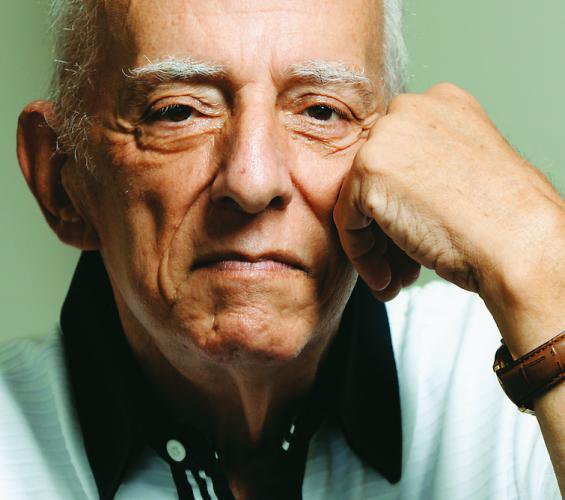
10. What was most remarkable about Rubem Alves is that he was a Presbyterian and a protestant and in fact managed to coin the term at almost the same time as Guttierrez. he managed to bring on board the incredible educator Paulo freiere, who donated half a million Spanish language bibles to their cause and engage with Dorothy Day and eter Maurin from the strident US publication Catholic Worker.
Besides his activities as university professor and researcher, Dr. Alves is a prolific writer of books and articles in journals and newspapers on education, psychology and life in general. Since 1986 he is a regular columnist at the Correio Popular, the main newspaper in his hometown, Campinas, in the state of São Paulo. He has published more than 40 books so far, and several of them have been translated into German, French, English, Italian, Spanish and Romanian. He is also a very popular lecturer and is much appreciated by educators in general for his humanistic views on education.


